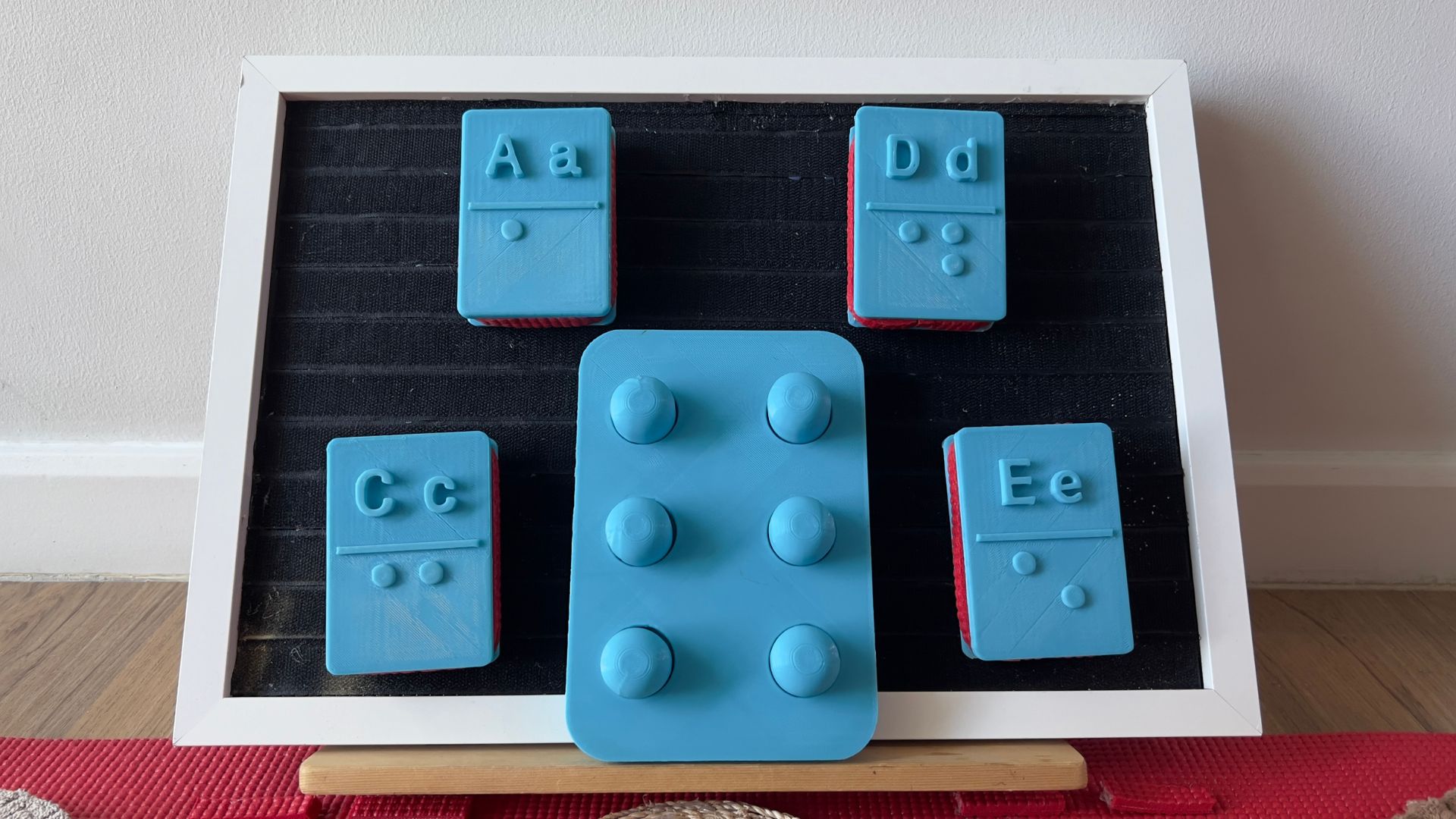To foster a better future for children with visual impairment, young Filipino designer Ruark Villegas created an assistive learning kit to promote braille literacy.
The Braillewise Kit was conceptualized following the advice from his mentor to “think outside of the box”. There was an innate urge to design a product to help underrepresented communities.
“On my way home after class, I noticed the braille markings in the college elevator. I realized I did not see these anywhere else,” Villegas shared. “This led me into a rabbit hole of information.”

As he researched, he noted 5 million out of 101 million Filipinos suffer from visual impairment – and 1 in 13 are kids.
Brailleworks.com, one of the leading providers of reading materials for those with special needs, revealed while 90 percent of employed people with blindness can read and write braille, 74 percent of the adults with visual impairment remain unemployed.
With this, the Industrial Design talent from the De La Salle-College of Saint Benilde (DLS-CSB) School of Environment and Design was inspired to push the significance of braille literacy in garnering life opportunities.
“It affects a person’s health, wellness, and socio-economic status. All of which are strong predictors of future life outcomes,” he stressed. “But if it is important, how come the rate is so low?”
Fueled by the mission to promote skills development at an early age, Villegas decided to build a cost-efficient toy that fosters spatial awareness, mind-body connection, and social interaction.
“If visually impaired children are provided with a kit which incorporates multisensory features, sourced with easily available materials, and specifically designed to teach Grade 1 braille, then their proficiency in braille reading and writing will improve. This may result in better academic performance, higher self-esteem, and increased independence,” he explained.
The Braillewise Kit includes 26 3D-printed braille blocks with a dual-sided design.

The front is equipped with an embossed alphabetical letter in print and its corresponding braille at the bottom. The back part dons a bigger equivalent of the braille with an attached Velcro for an added tactile feel.
For more comfortable handling, there is a soft matting between these two sections. The pieces likewise incorporate differing audio feedback between vowels and consonants.
The set is inclusive of a practice Velcro board for individual learning, which can be used with the blocks for one-on-one or teacher-student activities.
To integrate play into the process, it is also complete with a tactile life-size playmat with embossed wayfinders for a fun exercise for students. It is made from recycled materials such as PVC foam.
“The journey of learning braille starts with familiarizing oneself with the position of individual dots in a braille cell,” Villegas explained. “The playmat transforms this abstract world into a tangible and engaging encounter.”
The project was lauded with the Best Thesis Award, following the criteria of the World Design Organization, a globally recognized non-governmental network that champions the power of industrial design in enhancing the economic, social, cultural, and environmental quality of life.



